Povídky III.
Manželský pár a jiné texty z pozůstalosti
Povídky F. Kafky. Manželský pár a jiné texty z pozůstalosti.


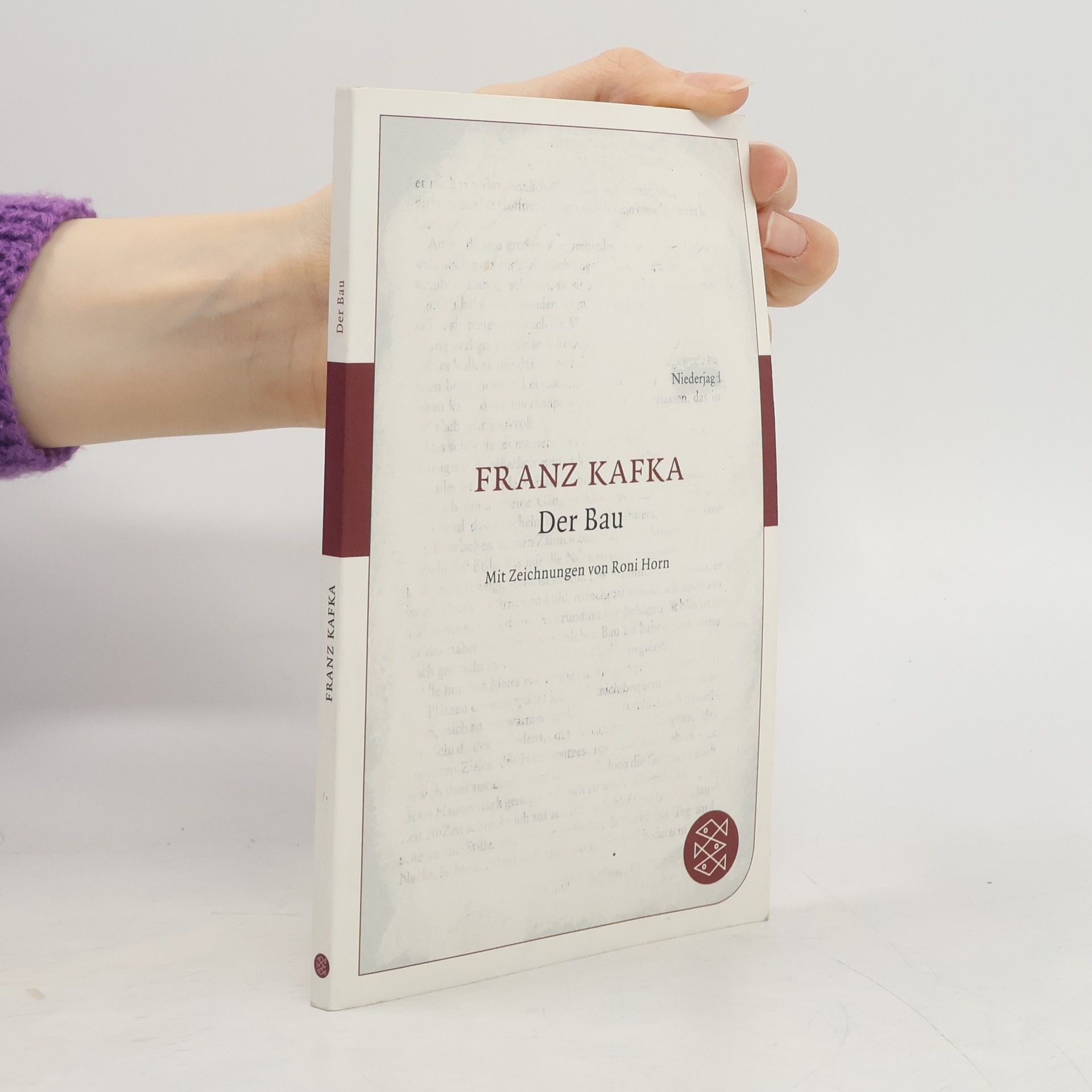
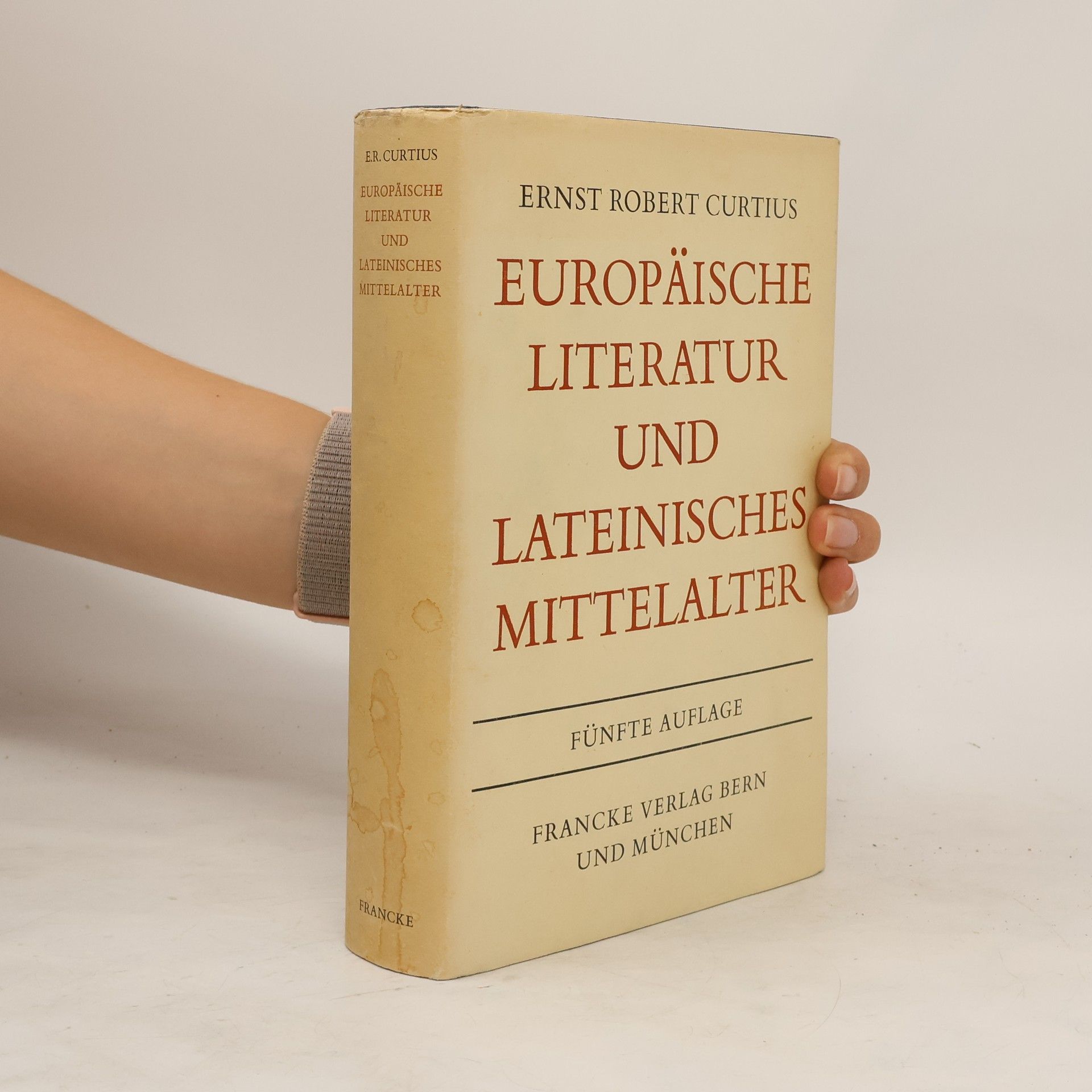
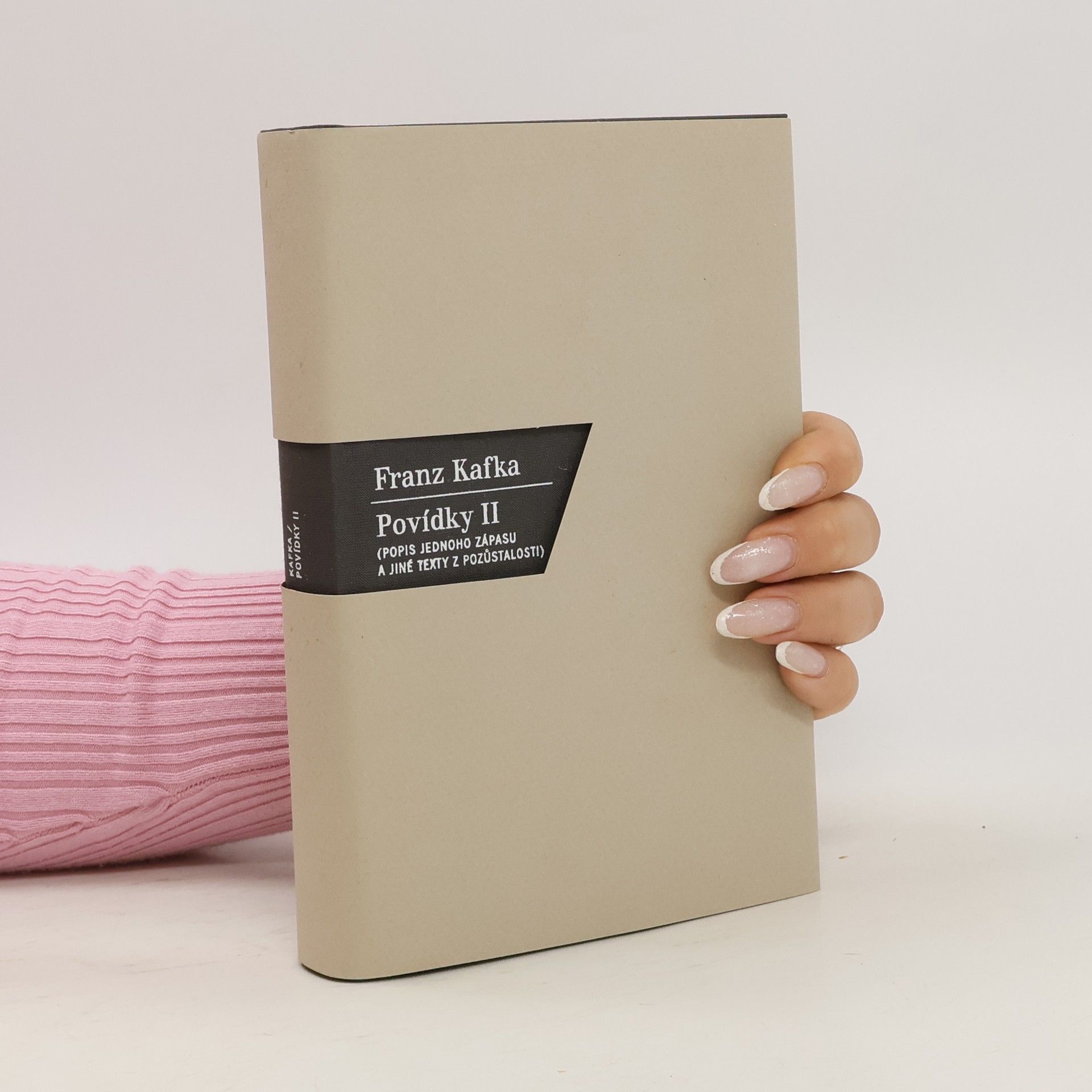
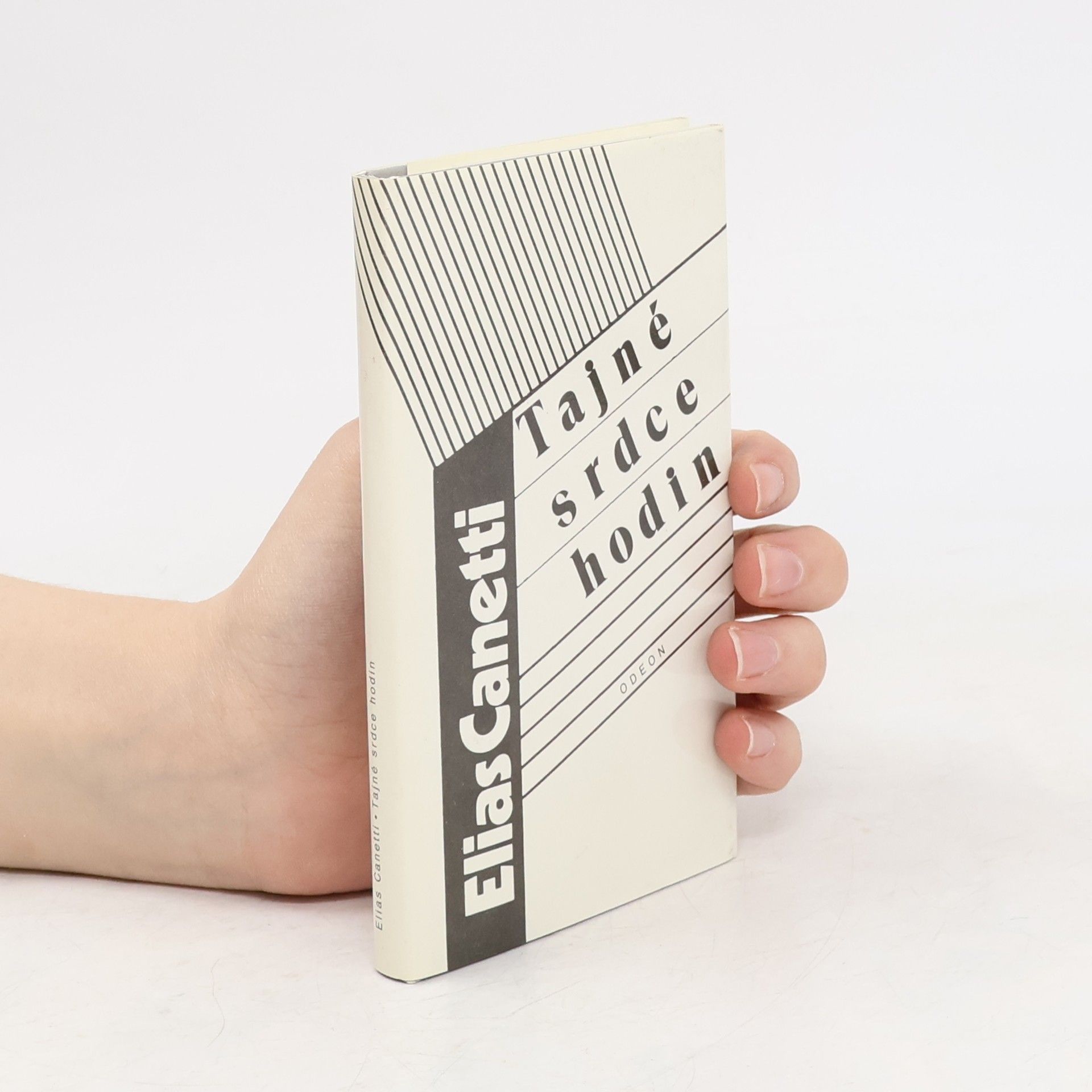
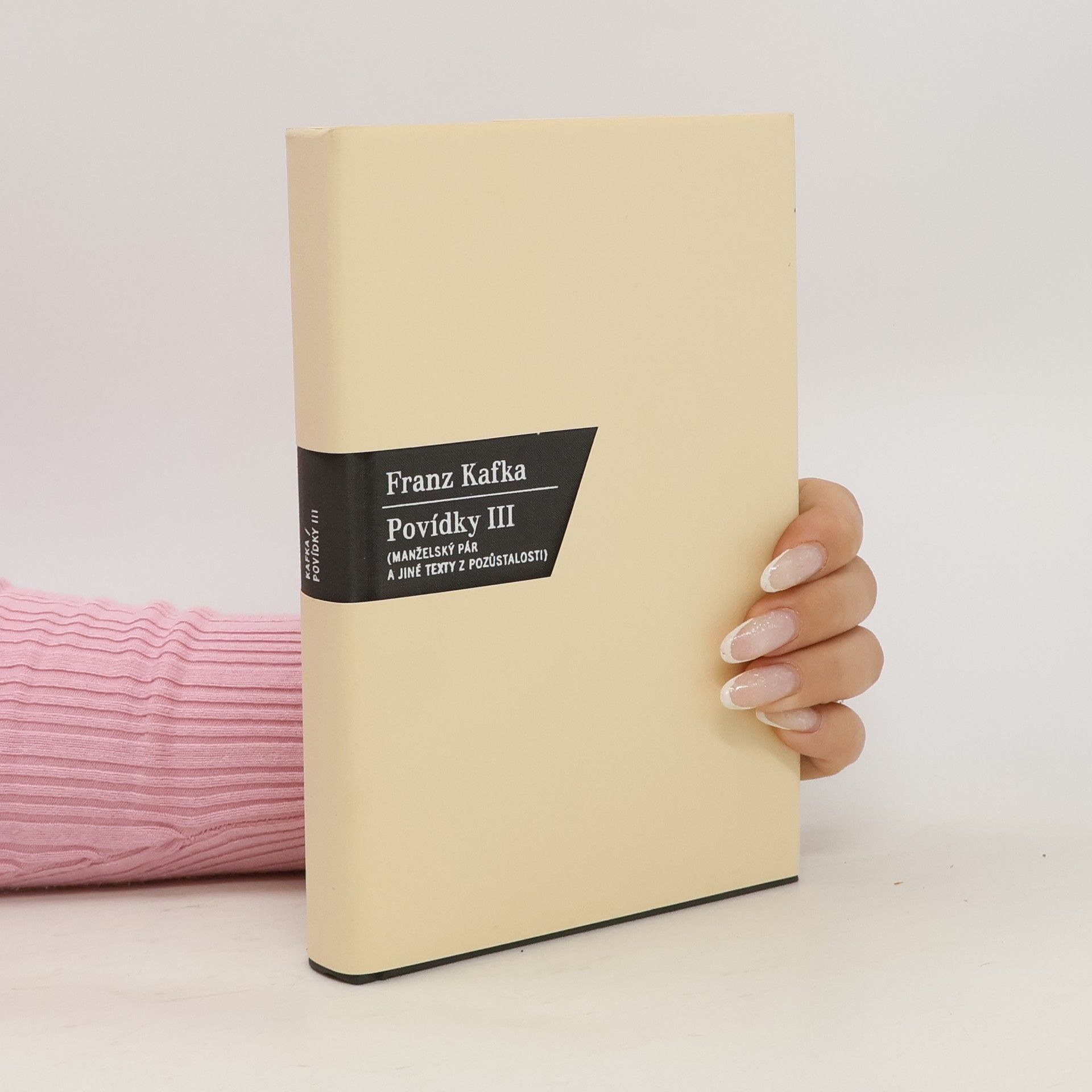
Manželský pár a jiné texty z pozůstalosti
Povídky F. Kafky. Manželský pár a jiné texty z pozůstalosti.
Výbor z aforismů, úvah a esejů Eliase Canettiho.
Popis jednoho zápasu a jiné texty z pozůstalosti
Druhý svazek edice Dílo Franze Kafky přináší povídku Popis jednoho zápasu a jiné texty z pozůstalosti.
Dieser Gesamtschau über die europäische Literatur von Homer bis Goethe liegt die Erkenntnis zugrunde, dass die volkssprachlichen Literaturen nicht aus sich heraus, sondern nur in Verbindung mit der lateinischen Literatur zu verstehen sind. Curtius wendet sich gegen die sprachliche und zeitliche Beschränkung der Literaturwissenschaft auf die jeweiligen Nationalliteraturen, gegen isolierte Beschäftigung mit einer Literatur und steht somit am Anfang der komparatistischen Literaturbetrachtung.
Der unmögliche Kampf eines im ständigen Selbstgespräch befindlichen Tieres, seinen ausufernden Erdbau zu perfektionieren. Wie umgehen mit der eigenen Paranoia, wenn absolute Sicherheit nur eine Chimäre sein kann? "Der Räuber kann sehr leicht mein Opfer werden und ein süß schmeckendes. Aber ich werde alt, es gibt viele, die kräftiger sind als ich und meiner Gegner gibt es unzählige, es könnte geschehen, daß ich vor einem Feinde fliehe und dem anderen in die Fänge laufe. Ach, was könnte nicht alles geschehen! aus: Der Bau - Gröls-Verlag (Edition Werke der Weltliteratur)
Elias Canetti, nositel Nobelovy ceny za literaturu (1981), se narodil v roce 1905 v rodině sefardských Židů v bulharském Ruse. Po přesunu do Manchesteru a Vídně strávil část života ve Švýcarsku a Německu. V roce 1929 získal doktorát z chemie na vídeňské univerzitě, ale jeho vášeň zůstala v literatuře. V roce 1938 uprchl před anšlusem do Paříže a následně do Velké Británie, kde žil až do své smrti v Curychu v roce 1994. Canetti, považovaný za jednoho z posledních představitelů klasické humanistické vzdělanosti, spojoval kulturu a humanitu; jeho román Zaslepení (1935) varoval před fašismem. Hlasy Marrákeše, literární výtěžek z cesty do Maroka v roce 1954, byly zapsány po návratu a publikovány až v roce 1967. Druhá část, Svědomí slov, obsahuje eseje z let 1936–1976 o osobnostech jako Hermann Broch, Karel Kraus, Georg Büchner a Tolstoj. Nejrozsáhlejší text, Druhý proces. Kafkovy dopisy Felici (1969), není součástí této edice, neboť byl nedávno vydán samostatně. Hlasů Marrákeše vychází poprvé v češtině, zatímco Svědomí slov je k dispozici v novém překladu Jiřího Stromšíka, který se dlouhodobě věnuje zpřístupňování Canettiho díla českým čtenářům.
Histoire d'une vie, 1931 - 1937
Crowds and Power is a revolutionary work in which Elias Canetti finds a new way of looking at human history and psychology. Breathtaking in its range and erudition, it explores Shiite festivals and the English Civil war, the finger exercises of monkeys and the effects of inflation in Weimar Germany. In this study of the interplay of crowds, Canetti offers one of the most profound and startling portraits of the human condition.
La langue sauvée constitue le premier volet de l'autobiographie d'Elias Canetti, prix Nobel de littérature. L'intellectuel, l'homme de toutes les tentatives, revient pour la première fois sur sa propre vie et parle de son enfance en Bulgarie, en Angleterre, en Autriche et en Suisse. L'origine espagnole de sa famille, le caractère quasi oriental de ce confluent de langues et de races qu'est la petite ville bulgare où il est né, le mode de vie patriarcal sous la houlette d'un grand-père tout-puissant qui s'inscrit encore dans la tradition des juifs séfarades d'origine espagnole, le déclenchement de la Première Guerre mondiale vécu dans la Vienne impériale, les années de guerre et d'immédiat après-guerre... tout cela constitue la riche toile de fond qui nourrit les observations de l'enfant. Mais au-delà, c'est l'éducation sentimentale et l'intensité des premières révélations sur le cœur humain qui nous retiennent. Car tout ici parle au cœur : l'amour du père dont la mort prématurée délivre à l'enfant sa propre crainte de la mort ; le rapport à la mère qui lui ouvre les portes du vaste monde de la langue et de la littérature ; les premières inimitiés et toutes les petites expériences quotidiennes déterminantes ; et, enfin, l'écroulement nécessaire de l'enfance.
The Torch in My Ear is the account of Canetti's young manhood, of his arrival in Vienna in the early 1920s, of his schooling, and of the beginning of his life as a writer.